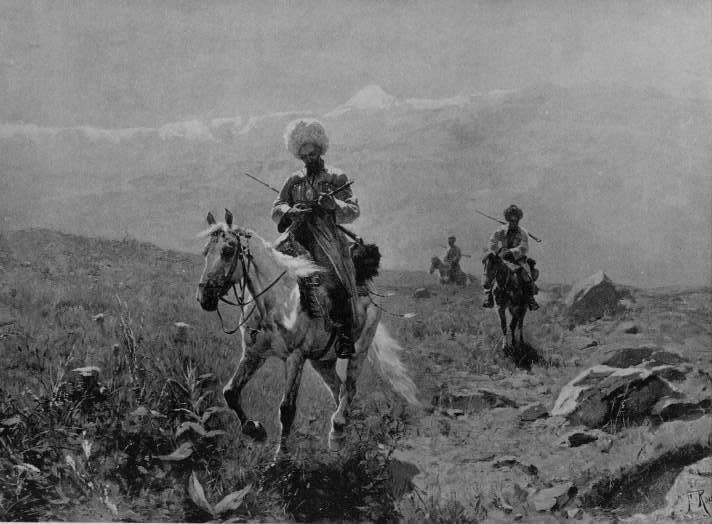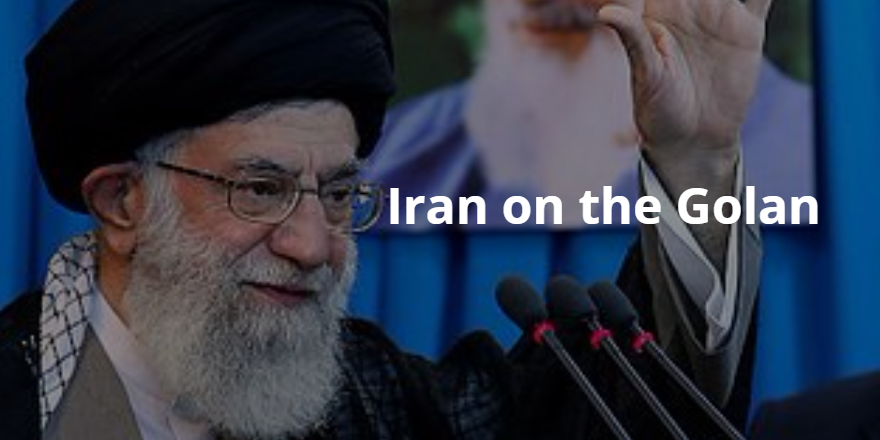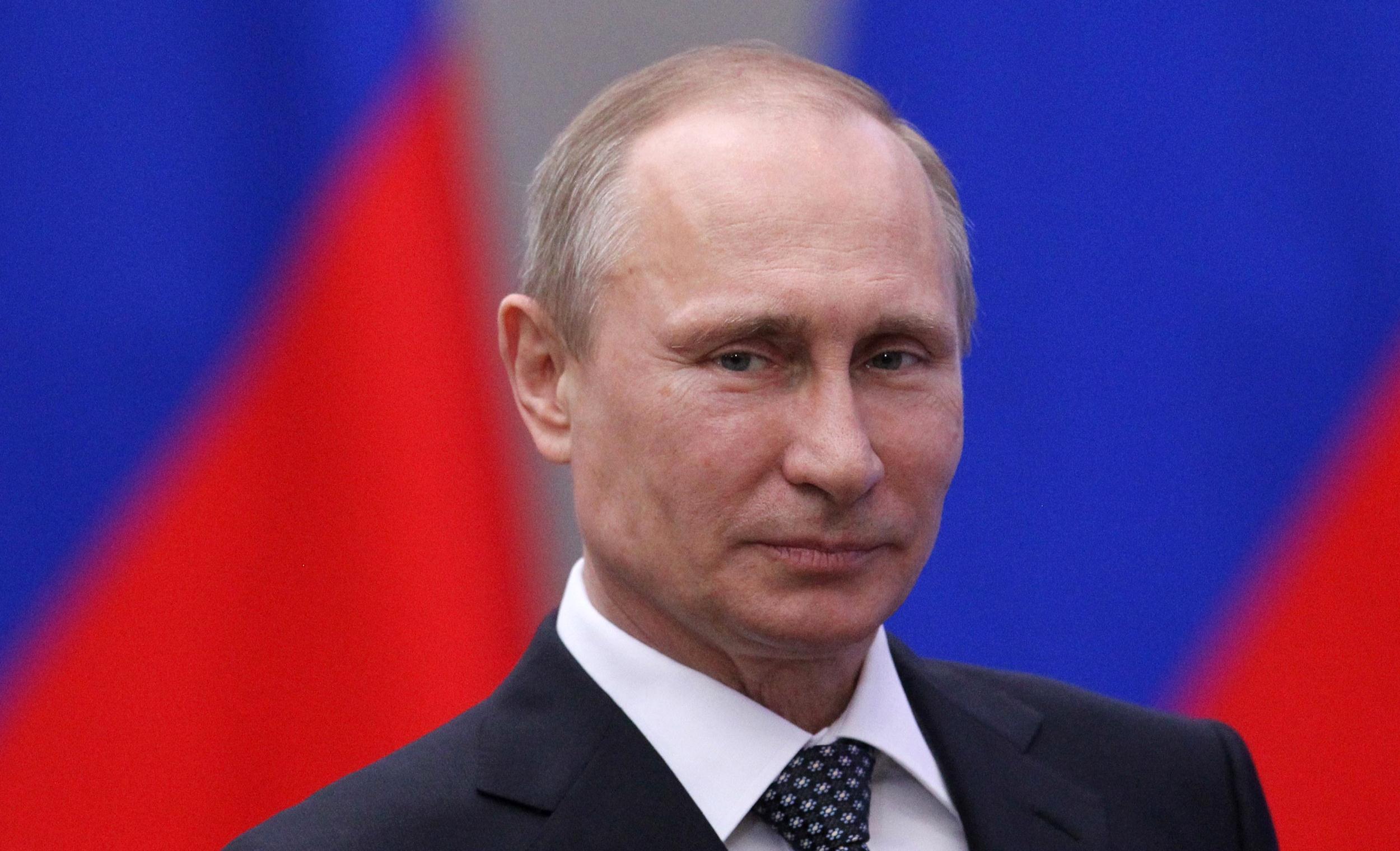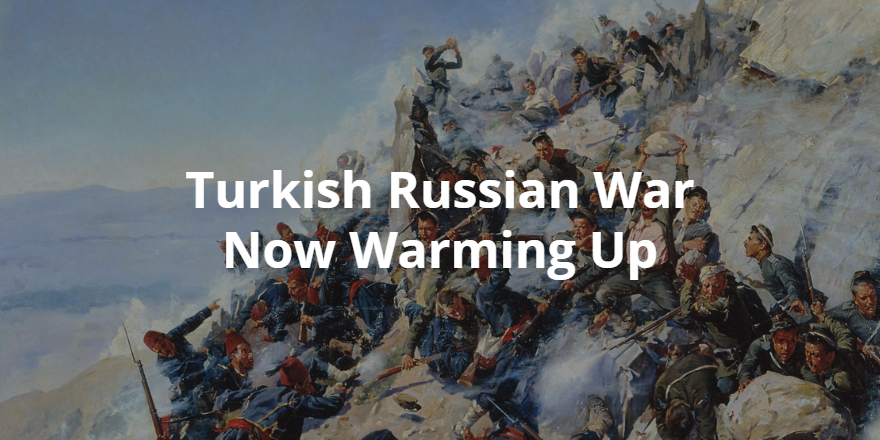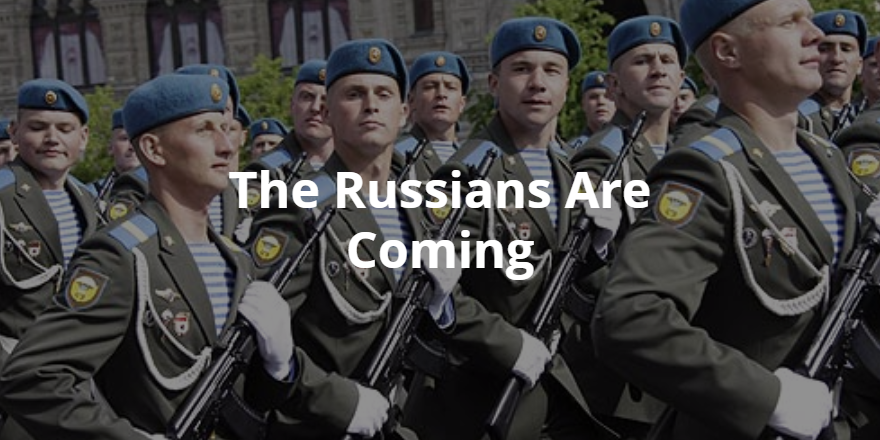Experts seem to agree that the world will look back at these years as something of a great transition. The question many people have is from what kind of vantage point will we be looked back upon. The lightning fast pace of events in Syria and the rest of our region attest to a world that is rapidly transforming once again into a multi-polar one.
With Russia’s entrance into the Syrian war on September 30th of this year, the world closed the door on what had been known as the post cold war world. From 1991 until this year the USA ruled the Middle East by itself. The Russians were nowhere to be found and now, in a flash they seem to be everywhere.
With the above in mind and Russia’s tactical partnership with Iran, it has been surprising to many observers that Israel and Russia are not only talking and implementing a deconfliction mechanism, but seem to be furthering their partnership in relation to Syria. After all, Iran has sworn itself to Israel’s destruction and is actively using the mayhem in Syria as well as Russian air coverage to move their forces closer to Israel’s border. So why such an open working relationship with Putin’s Russia?
Russian Detente With Iran is Just Tactical
Many analysts believe that Russia, in the long term, has no interest in allowing Iran to take over the Middle East. Russia views its relationship with Iran as a tactical necessity to prop up Assad and destroy Sunni radicals. After this task is done, the experts in this particular camp believe their paths will diverge.
If this is so, then logic lends itself to believe Putin wants relationships and long term strategic partnerships with countries that are not only stable, but also share similar security and economic outlooks with himself, and yet will not step in his way. Israel is one of these countries.
“Israel is a Special State to Us”
In fact Putin has stated in the past his reverence for the Jewish State and his belief that it is a natural ally of his, as he considers it a special state. This is due to the 1.5 million Russians that live in Israel.
A deeper analysis of early Zionism shows that despite the fact that Herzl is very much seen as the father of modern Zionism, the successors and thought leaders that drove the movement were really from Eastern Europe and Russia. Their focus was on creating a Jewish National Movement within the confines of Europe and Russia, with a link to the Land of Israel. The movement, however, would push Jewish national rights within the Russian Empire. This, of course, didn’t get far as the ascendency of the Soviet Union forced these leaders to push for increased immigration to Israel. Still, the Russian linkage to Zionism shouldn’t be forgotten, but rather be seen as a context to understanding why the current detente has more backing than an immediate need for deconfliction.
Then again, the same can be said between the millions of Christian Zionists in the West and today’s state whose rising leadership share an affinity with biblical values.
Economic Ties Between Russia Are Strong
Another fact is that Israel has a trade surplus with Russia as opposed to a deficit with the USA. In the new world of a rising East, this is meaningful to Israel’s position and future growth. It is no secret Israel is looking East for new partners in China and India. Russia’s trade with Israel is already very strong and will continue to grow.
Strategic Versus Tactical
As mentioned above, the maneuvers Russia is making in Syria and the broader region seem to stand in the way of Israel’s growing strength and influence.
Yet, if one places Syria and Iran in only a short term tactical light, a strategic partnership between Israel and Russia makes full sense when connected to another burgeoning relationship; Kurdistan and Russia. Turkey’s aggression against the Kurds and funding of ISIS makes Russia, Israel, and Kurdistan natural allies against Radical Islam and an ascendant Turkey. The question remains though how much Putin and Israel can see eye to eye on the need for tamping down Putin’s tactical allies Iran and Hezbollah.
Conclusion
Despite some of my above assertions, we live in a world that seems to have become unhinged. We can never know which way alliances, partnerships, and working relationships will go.
We are in a great transition period and Israel seems to be carefully moving through it. Russia’s calculation may be different in a few days and their tactical need for Iran may outweigh the long term strategic value of partnering with Israel. After all, Putin is a master chess player, even more than Bibi.
With that in mind, a regionally strong and globally ascendant Israel should not run to embrace a looming Russian Bear just yet. Especially a Russia that is purely pragmatic and whose leaders do not share the biblical values that have made Israel function beyond the realm of pragmatism. These values in many ways have made the dream of an Israel that went from persecuted to global leader a reality far more than the tactical pragmatism of Putin. We have to remember that as much as we want to be accepted by a strong Russia, Putin himself lives in a world of tactics and tactics can change if Mother Russia needs them to. In other words an alliance with Russia will only happen if it is good for Russia and its length will only last if it is good for Russia.
With this in mind it could very well be that the best course of action is to approach our new topsy turvy world with one giant deconfliction mechanism. Let the chips fall where they may, the roller coaster ride has only just begun.

